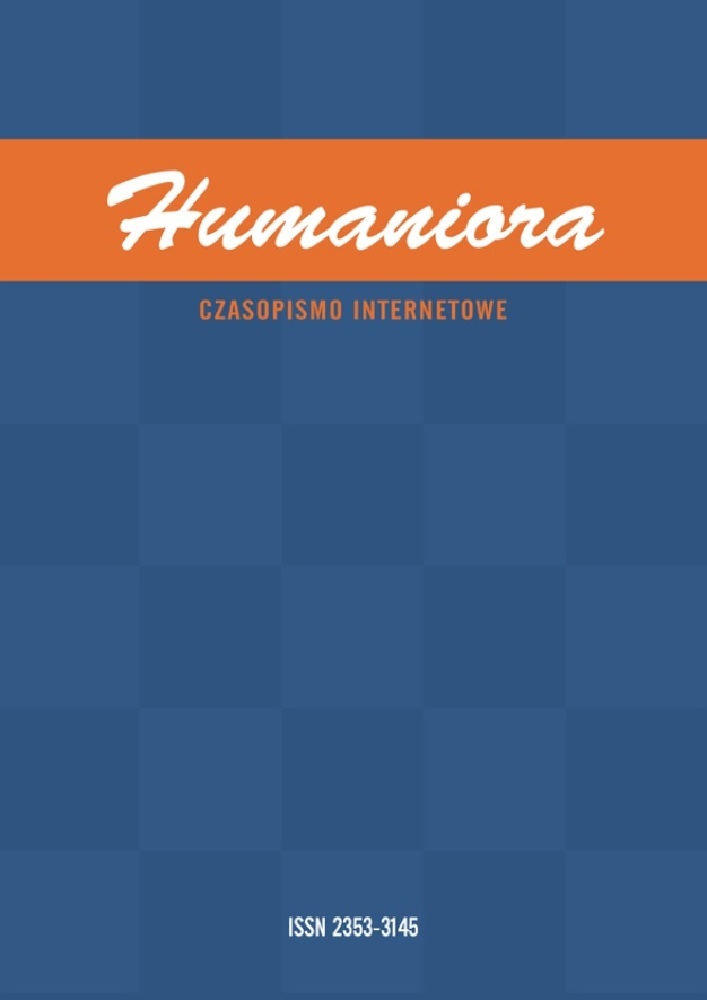Abstrakt
Freedom of speech is an essential dimension of academic freedom. Without free speech, a university’s mission, which includes innovative research and high-quality teaching, cannot succeed. However, in recent years, the foundation of free speech on campus has been compromised. There are not only an increasing number of ideas and practices that challenge the liberal conception of free speech (e.g., political correctness, safe space, trigger warnings, verbal purification, and disinviting) but also theoretical justifications for such ideas and practices. This article focuses on the current discussion in the United States, where the debate on academic freedom is the most heated. The situation in the United States is important because it influences academic life in other developed countries. It can be argued that free speech does not exclude building a safe and inclusive campus environment. However, because of its central role in the university’s mission, freedom of speech cannot be traded against other values regardless of their importance.
Bibliografia
Alexander L., Is There a Right of Freedom of Expression?, Cambridge University Press, New York 2005. DOI: https://doi.org/10.1017/CBO9780511614668 DOI: https://doi.org/10.1017/CBO9780511614668
Alexander L., Horton P., The Impossibility of a Free Speech Principle, "Northwestern Law Review" 1984, no. 78(5).
Ash T.G., Free Speech: Ten Principles for a Connected World, Yale University Press, New Haven and London 2016.
Campbell B., Manning J., Microaggression and moral cultures, "Comparative Sociology" 2014, no. 13. DOI: https://doi.org/10.1163/15691330-12341332 DOI: https://doi.org/10.1163/15691330-12341332
Campbell B., Manning J., The Rise of Victimhood Culture: Microaggressions, Safe Spaces, and the New Culture Wars, Palgrave Macmillan, Cham 2018. DOI: https://doi.org/10.1007/978-3-319-70329-9 DOI: https://doi.org/10.1007/978-3-319-70329-9
Chemerinsky E., Gillman H., Free Speech on Campus, Yale University Press, New Haven and London 2017. DOI: https://doi.org/10.2307/j.ctv1bvnfnb DOI: https://doi.org/10.2307/j.ctv1bvnfnb
Davies S., The Threat to Freedom of Speech in Universities is a Symptom of a Wider Problem, in: Having Your Say: Threats to Free Speech in the 21st Century, ed. J.R. Shackleton, The Institute of Economic Affairs, London 2021.
Fish S., Free Speech Is Not an Academic Value, "Chronicle of Higher Education" Mar. 20, 2017.
Fish S., There's No Such Thing as Free Speech, and It's a Good Thing, Too, Oxford University Press, New York 1994.
Fish S., Versions of Academic Freedom: From Professionalism to Revolution, The University of Chicago Press, Chicago and London 2014. DOI: https://doi.org/10.7208/chicago/9780226170251.001.0001 DOI: https://doi.org/10.7208/chicago/9780226170251.001.0001
Free Speech on Campus: A Report from the University Faculty Committee, 2015, https://www.law.uchicago.edu/news/free-speech-campus-report-university-faculty-committee [accessed: 7.09.2022].
Furedi F., Academic Freedom: The Threat from Within, in: Unsafe Space: The Crisis of Free Speech on Campus, ed. T. Slater, Palgrave Macmillan, London, 2016. DOI: https://doi.org/10.1007/978-1-137-58786-2_11 DOI: https://doi.org/10.1007/978-1-137-58786-2_11
Furedi F., How Fear Works: Culture of Fear in the Twenty-First Century, Bloomsbury, London 2018.
Furedi F., What's Happened to the University? A Sociological Exploration of Its Infantilization, Routledge, Landon and New York 2017. DOI: https://doi.org/10.4324/9781315449609 DOI: https://doi.org/10.4324/9781315449609
Jacobson D., The Academic Betrayal of Free Speech, "Social Philosophy and Policy" 2004, no. 21(2). DOI: https://doi.org/10.1017/S0265052504212031 DOI: https://doi.org/10.1017/S0265052504212031
Lukianoff G., Haidt J., The Coddling of the American Mind: How Good Intentions and Bad Ideas are Setting Up a Generation for Failure, Penguin Press, New York 2018.
Marcuse H., Repressive Tolerance, in: R.P. Wolff, B. Moore, H. Marcuse, A Critique of Pure Tolerance, Beacon Press, Coston 1965.
Tsesis A., Free Speech in the Balance, Cambridge University Press, Cambridge 2020. DOI: https://doi.org/10.1017/9781108539463 DOI: https://doi.org/10.1017/9781108539463
Whittington K.E., Speak Freely: Why Universities Must Defend Free Speech, Princeton University Press, Princeton and Oxford 2018. DOI: https://doi.org/10.23943/9781400889884 DOI: https://doi.org/10.23943/9781400889884
Williams J., Teaching Students to Censor: How Academics Betrayed Free Speech, in: Unsafe Space: The Crisis of Free Speech on Campus, ed. T. Slater, Palgrave Macmillan, London 2016. DOI: https://doi.org/10.1007/978-1-137-58786-2_5 DOI: https://doi.org/10.1007/978-1-137-58786-2_5
Licencja
Prawa autorskie (c) 2022 Sławomir Sztajer

Utwór dostępny jest na licencji Creative Commons Uznanie autorstwa – Bez utworów zależnych 4.0 Międzynarodowe.
Czasopismo oraz wszystkie zamieszczone w nim materiały są powszechnie dostępne i mogą być wykorzystywane do celów naukowych, edukacyjnych, poznawczych i niekomercyjnych bez konieczności uzyskiwania każdorazowej zgody autorów i redakcji. Nadesłanie artykułu do publikacji traktowane jest jako zgoda autora na udostępnienie swojej pracy i informacji w niej zawartych do powyżej wymienionych celów. W takich przypadkach należy jedynie wskazać źródło, z którego zaczerpnięte zostały informacje. Pobieranie opłat za dostęp do materiałów zawartych w czasopiśmie lub ograniczanie do niego dostępu jest zabronione.
Przesyłane do redakcji teksty muszą stanowić oryginalne prace, uprzednio nigdzie niepublikowane ani nie przedkładane innym redakcjom lub wydawcom. Autorzy nadsyłanych artykułów ponoszą odpowiedzialność za uzyskanie zezwoleń na publikowanie materiałów, do których prawa autorskie są w posiadaniu osób trzecich. Publikacja materiałów chronionych prawem autorskim jest możliwa pod warunkiem uprzedniego dostarczenia przez autora do redakcji pisemnej zgody właściciela praw autorskich.





